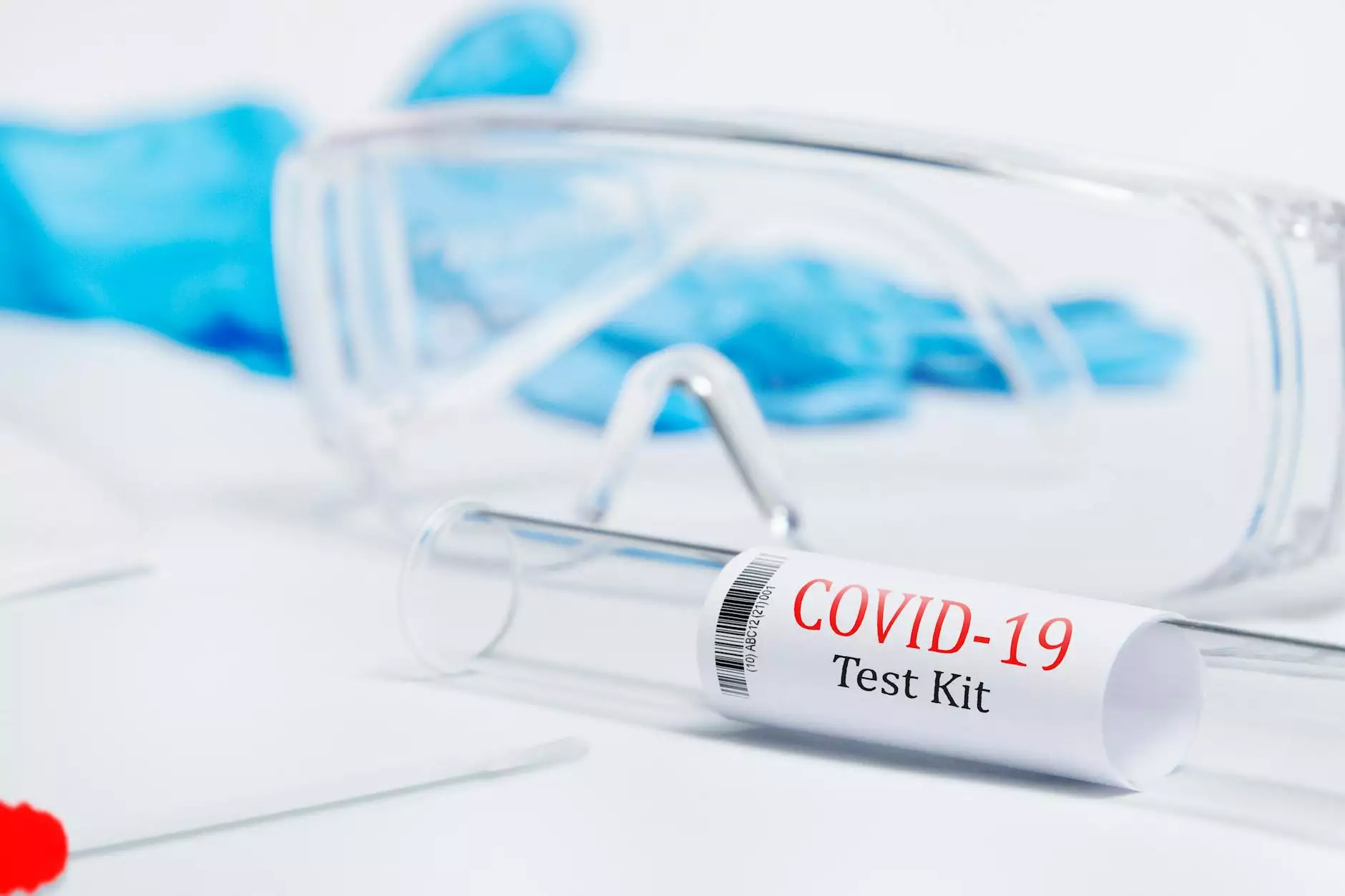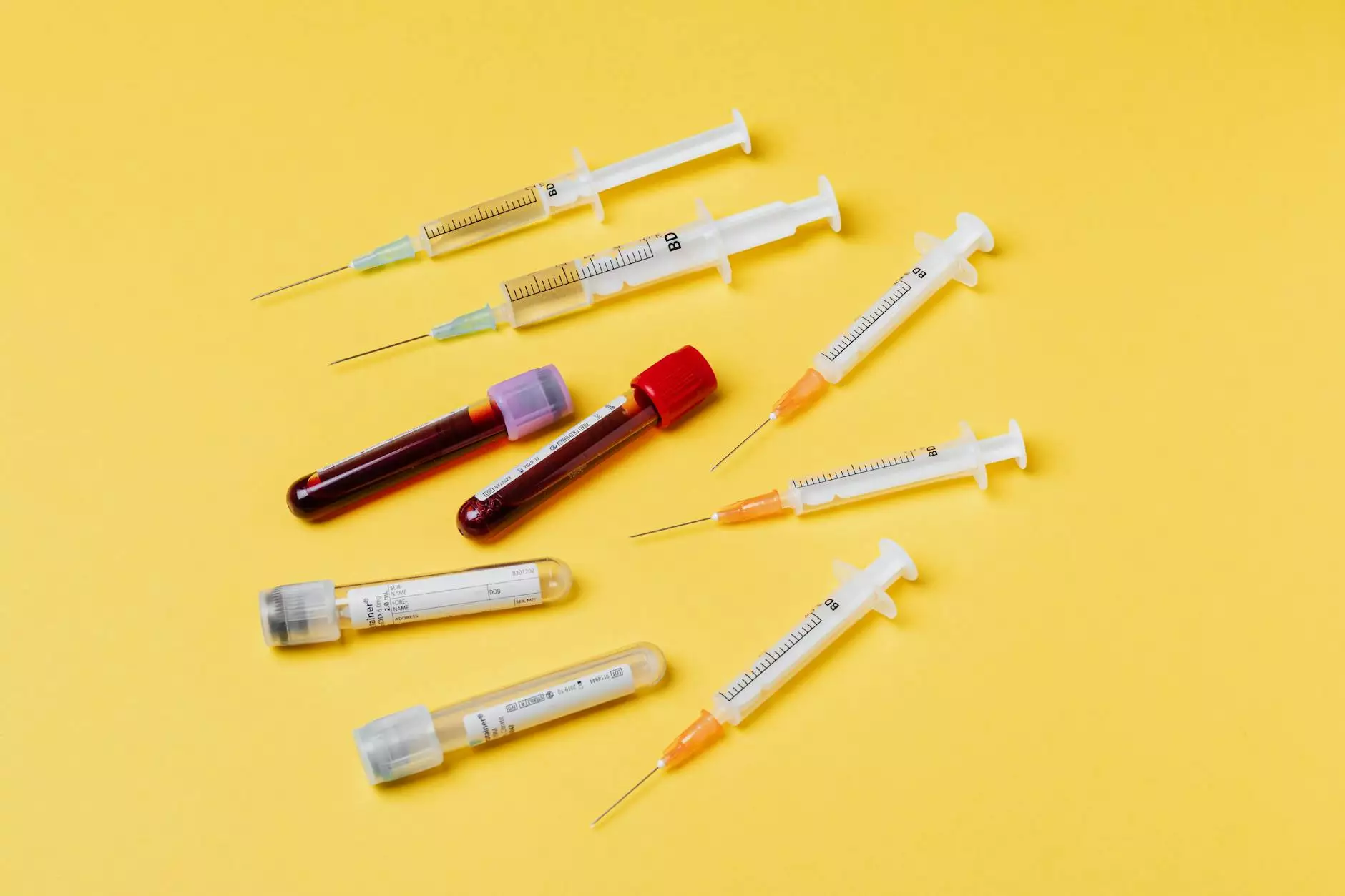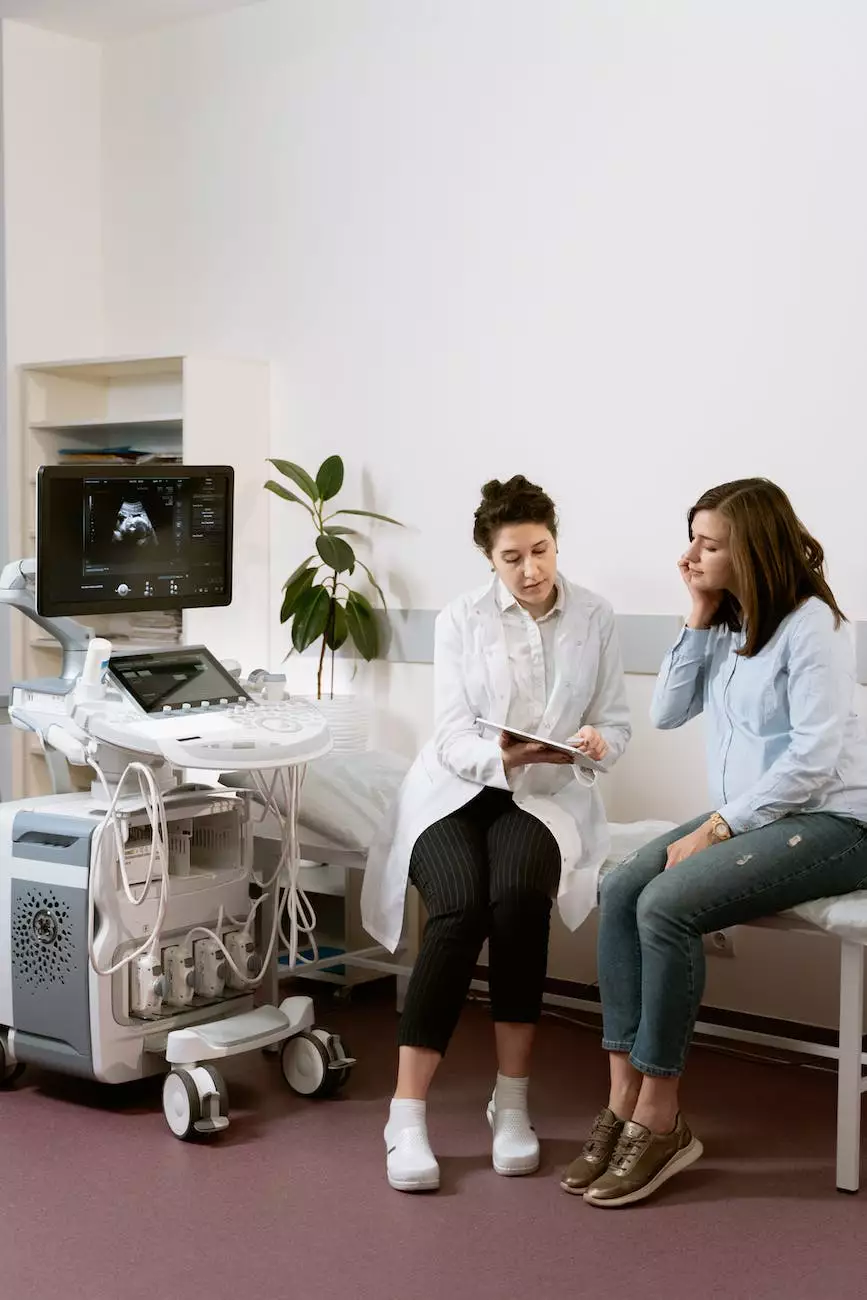Should We Be Concerned with the New South African Variant of COVID-19?
Health
Welcome to Muir Diablo Occupational Medicine, your trusted source for all things health-related. In this comprehensive article, we will provide you with detailed information about the new South African variant of COVID-19 and help you understand whether you should be concerned. Stay informed and make informed decisions when it comes to your health and well-being.
The South African Variant: What You Need to Know
The emergence of the new South African variant of COVID-19 has raised concerns worldwide. As a strain of the virus with unique characteristics, it is important to understand its implications and whether it poses an increased risk to public health.
Scientifically known as B.1.351, the South African variant shares similarities with other COVID-19 variants but also carries specific mutations in the spike protein, which plays a crucial role in viral entry into human cells. These mutations have sparked interest due to their potential impact on transmissibility and vaccine efficacy.
Key Characteristics of the South African Variant
1. Increased Transmissibility: Early studies suggest that the South African variant may have a higher rate of transmission compared to the original strain of the virus.
2. Vaccine Evasion Concerns: Some research indicates that certain mutations in the South African variant may reduce the effectiveness of certain COVID-19 vaccines. However, it is important to note that vaccines still provide protection against severe illness and hospitalization, even in the presence of this variant.
3. Global Spread: While initially detected in South Africa, the variant has been identified in several countries across the globe, highlighting the need for heightened surveillance and monitoring.
Should You Be Concerned?
As with any new development related to COVID-19, it is natural to feel concerned about the South African variant. However, it's crucial to approach this topic with an informed perspective.
The global scientific community, including leading health organizations, such as the World Health Organization (WHO) and the Centers for Disease Control and Prevention (CDC), closely monitor the situation and provide updates based on the latest research and evidence. This ongoing research allows for a comprehensive understanding of the variant's impact on public health.
While the South African variant raises concerns, it's important to remember that public health measures remain effective in reducing transmission and controlling the spread of the virus. These measures include wearing masks, practicing good hand hygiene, maintaining physical distance, and getting vaccinated.
Protective Measures to Take
1. Follow Public Health Guidelines: Stay updated with the latest guidelines from reputable health organizations and local authorities. Implement recommended measures to protect yourself and others.
2. Practice Hand Hygiene: Wash your hands regularly with soap and water for at least 20 seconds. If soap and water are not available, use hand sanitizer with at least 60% alcohol content.
3. Wear Masks: Wear a well-fitted mask in public settings, especially when social distancing is challenging. Masks help prevent the spread of respiratory droplets, reducing the risk of transmission.
4. Maintain Physical Distance: Stay at least six feet away from individuals outside of your household. Avoid crowded places and large gatherings.
5. Get Vaccinated: Stay up to date with vaccination efforts in your area and get vaccinated as soon as you are eligible. Vaccines provide significant protection against severe illness and hospitalization, even in the presence of new variants.
Conclusion
While the emergence of the new South African variant of COVID-19 has raised concerns, it is essential to approach the topic with accurate and up-to-date information. The global scientific community continues to study and monitor the variant, ensuring that appropriate measures are in place to protect public health.
At Muir Diablo Occupational Medicine, we remain committed to providing you with reliable and comprehensive health information. Stay informed, follow recommended guidelines, and prioritize your well-being. Together, we can navigate through these challenging times and emerge healthier and stronger.









